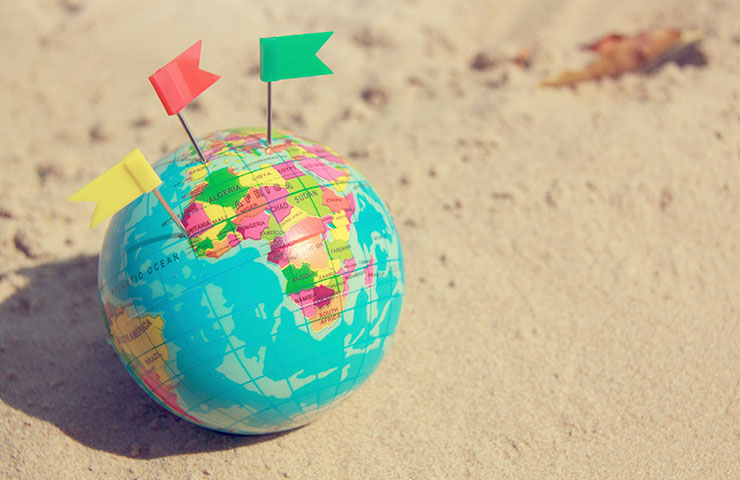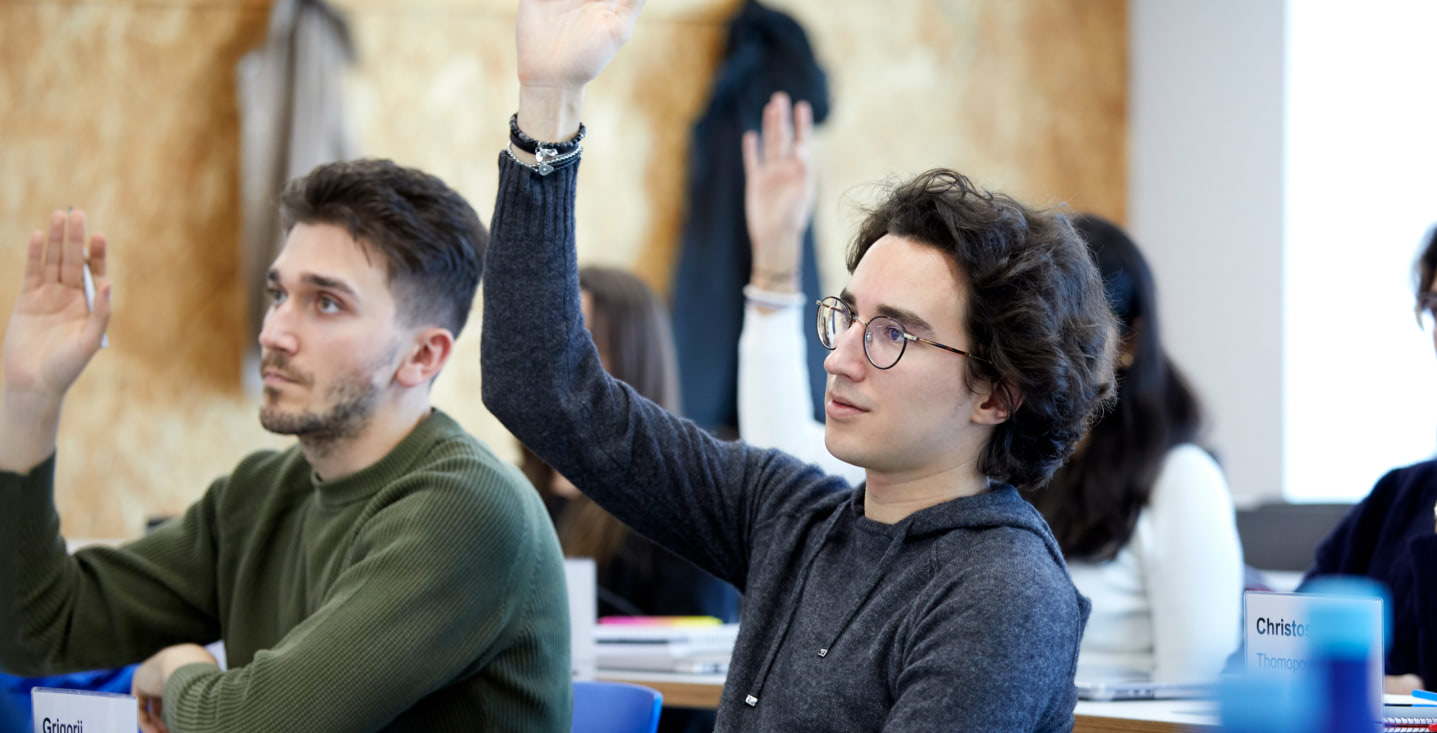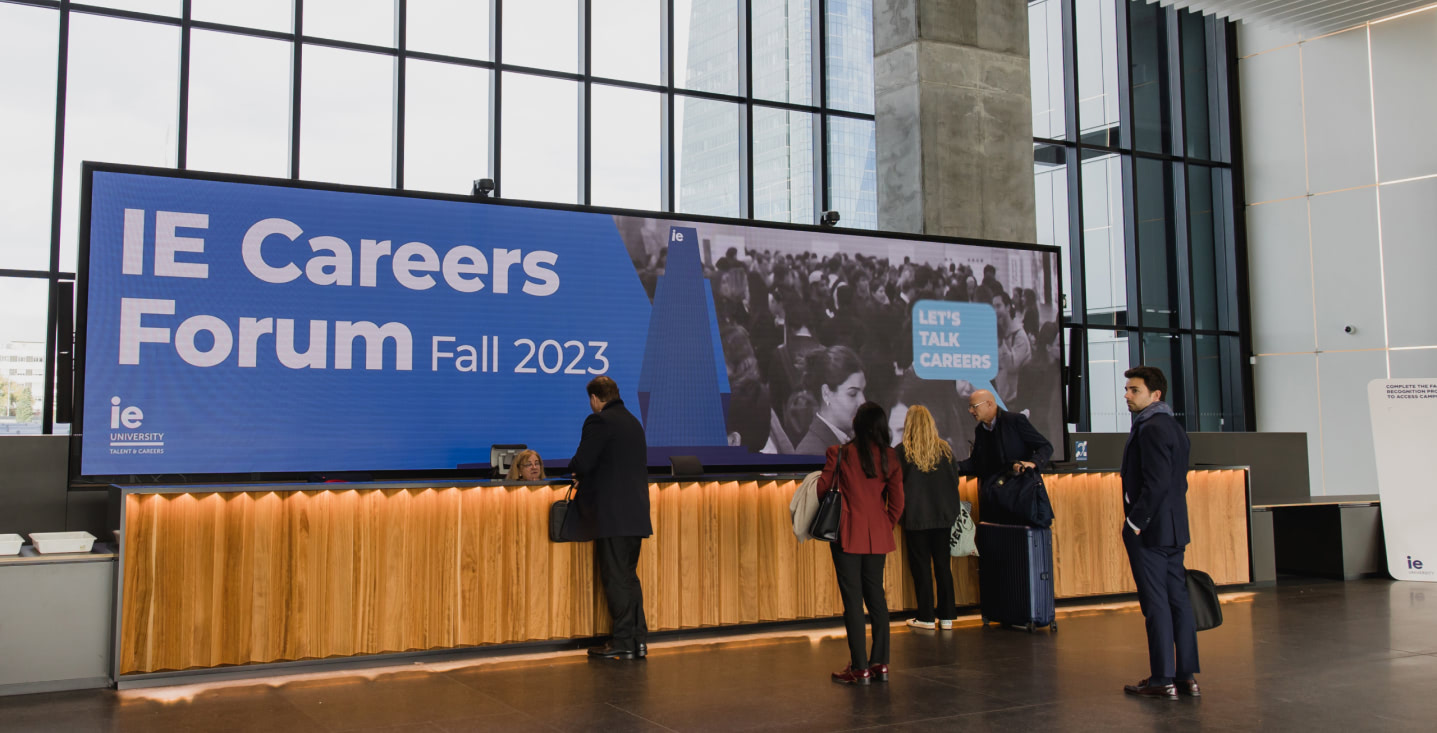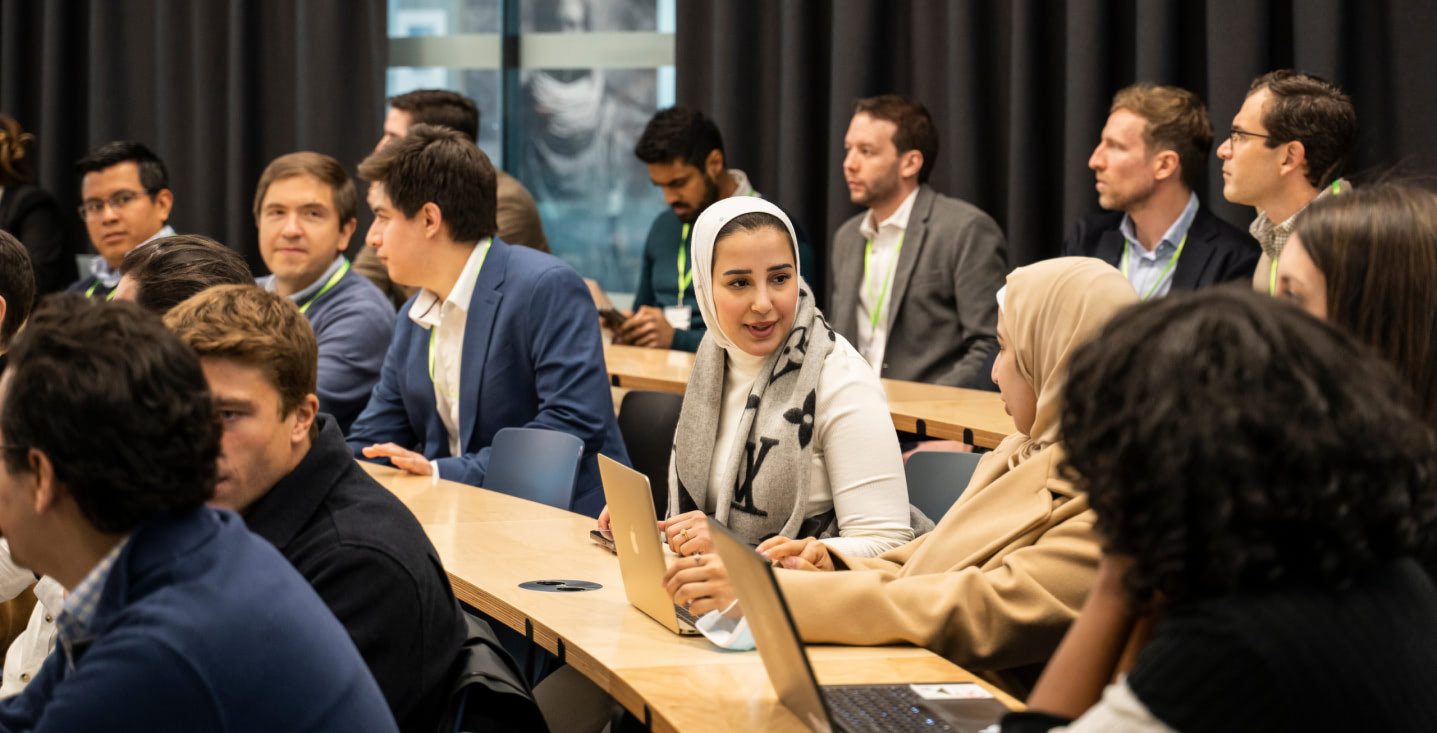03/03/2021
We’re living in the midst of a global health crisis that has destabilized economies and made our daily lives wildly unpredictable. Avoiding a similar fate in the future will require high-impact professionals with a background in politics and international relations theory.
The COVID-19 pandemic has been a rude awakening for all of us on a global scale. Overcoming such a momentous challenge required the close cooperation of countries around the world. Unfortunately, this simply did not happen.
Even now, as multiple vaccines slowly bring an end to this unprecedented era, the underlying issues that led to such a failure in international cooperation are still present. We may see the light at the end of the tunnel for this particular problem but the question remains: what happens when the next one comes along?
And this is far from a what if scenario. We already know what the next global challenge will likely be—climate change. We’ve been hearing about it for years and scientists have been working tooth and nail to combat it. This will be the real test for humanity, and we must use our experience with the COVID-19 pandemic to learn, grow and overcome.
For all their incredible work, the scientific community cannot do this on their own. To find real solutions, we also need impactful, results-oriented professionals with a strong grounding in politics and international relations theory. Only they can change the global systemic issues that have proven so ineffective during the current crisis.
Why did this happen?
Before we can go about fixing our mistakes, we first need to understand why we failed in the first place. There are many places we can point fingers. The New York Times directed their scorn at the World Health Organization, others focused on the internal political failings of a particular country. Without dismissing the validity of these opinions, they are weighed down by the minutia of our current historical context. To truly understand the big picture reasons for our failures, we need to look at our history at a global scale.
As part of the IE Explains series, Dr Jessica Fowler gives us a brief but illuminating insight into the role history plays in our current international relations systems. In the video, Dr Fowler argues that our “modern world is the product of historical processes.” She says that it is impossible to truly understand the way nation-states interact with each other without first understanding the myriad historical factors that have led us here. Focusing her argument, Dr Fowler begins to talk about the issue of political boundaries, outlining how what we consider to be static lines on a map are just the current iteration of dynamic historical processes.
The impact on our present
Beyond the intertwining factors—such as trade, war, negotiation, etc.—that have helped shape these lines, we can also glean a lot of information from them. How our world is cut up is a reflection of how we see ourselves; our identities built around ideas of inclusion or exclusion. As the concept of the nation-state rose to be the de facto means of global organization, these historical factors that preceded it have a lasting effect on its suitability. And they manifest themselves in surprising ways.
An article called “What International Relations Tells Us About COVID-19,”speaks of the need for global cooperation. The writer argues that “interdependence of trade and travel create mutual vulnerabilities to the coronavirus and intensify the need for cooperation between states.” It seems like a clear, logical approach. Why is it then that nationalist leaders weakened WHO’s authority, blocked a coordinated UN response, and imposed isolationist policies that divide the world?
Claiming to have an easy answer to this would be reductionist and over simplified. But, as Dr Fowler says, exploring our history is the first step. If we understand why we act like we do, then we can devise ways to create change and positively impact our future. This is the role politics or international relations professionals can perform to strengthen our collective tomorrow.
Changing the future
As a professional with a background in international relations or politics, you can help facilitate communication, create relationships or implement new policies. At the highest global level, we need people with the vision and skill set to make a difference.
A fantastic example of this is the UN’s Sustainable Development Goals. It took over two years to draft this agenda through “public consultations, interaction with civil society and negotiations between countries.” The work put in to create this agenda was incredible, but it’s just a start. This bulletin by the World Health Organization talks of the role foreign policy needs to play in health—and the revolution that’s taking place. This is another area that’s crying out for leaders.

From the world’s largest institutions to NGOs to startups, there are thousands of opportunities for International Relations or politics majors to create a lasting, long-term impact.
COVID-19 has opened our eyes. It’s up to us to not look away.
If you would like to find out more about how our Law, International Relations & Public Policy programs can help you make a real, lasting difference in the world, contact one of our career advisors today.








